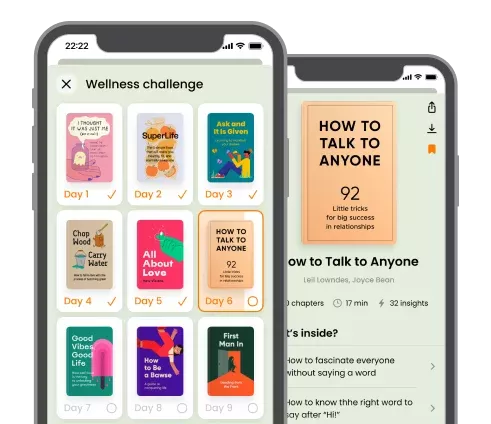8 Best Colonialism Books
Explore a diverse collection of books on colonialism, shedding light on its impact, history, and legacies. Gain a deeper understanding today.
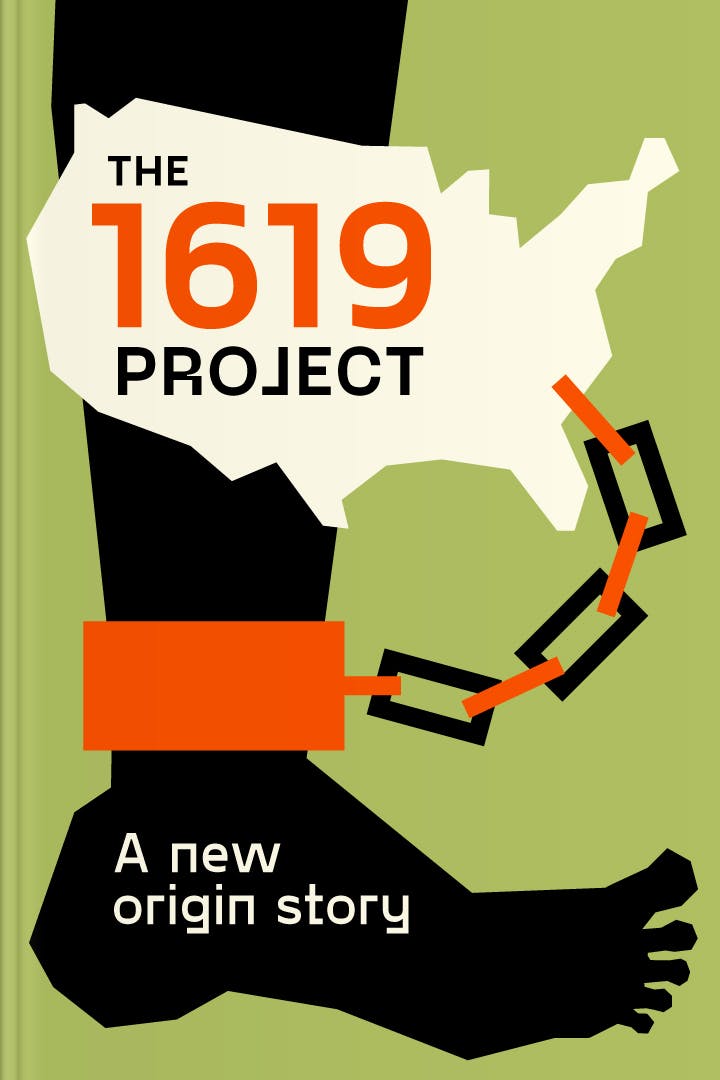 1
1The 1619 Project
by Nikole Hannah-Jones
What is The 1619 Project about?
"The 1619 Project: A New Origin Story" by Nikole Hannah-Jones delves into the untold history of America's founding, challenging conventional narratives. This groundbreaking book explores the profound impact of slavery on the nation's development, revealing how it shaped the economy, politics, and culture. Through meticulous research and compelling storytelling, Hannah-Jones presents a powerful argument for reevaluating America's origins and understanding the lasting legacy of slavery in shaping the country we know today.
Who should read The 1619 Project
History enthusiasts seeking a fresh perspective on America's origins.
Students and educators interested in a comprehensive understanding of American history.
Individuals curious about the impact of slavery on modern society.
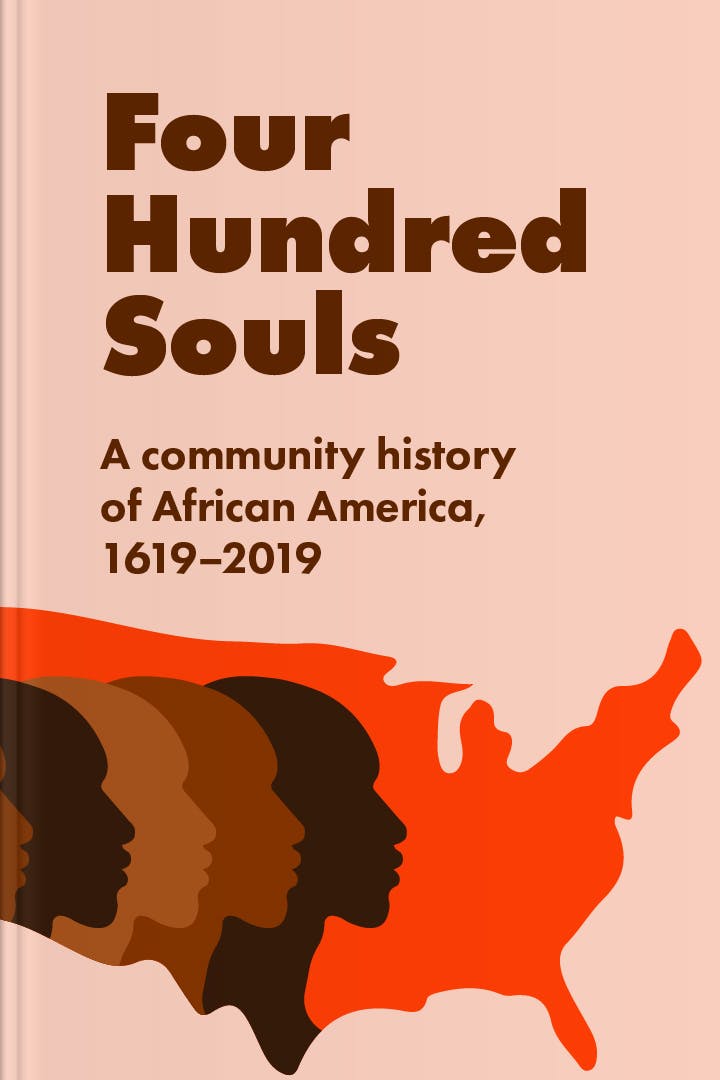 2
2Four Hundred Souls
by Ibram X. Kendi and Keisha N. Blain
What is Four Hundred Souls about?
"Four Hundred Souls" is a comprehensive community history that spans four centuries of African American experiences, from 1619 to 2019. Written by Ibram X. Kendi and Keisha N. Blain, this book brings together 90 different writers who each contribute a unique essay, creating a collective narrative that explores the struggles, triumphs, and contributions of African Americans throughout American history. It offers a powerful and enlightening perspective on the African American community's journey towards freedom, equality, and justice.
Who should read Four Hundred Souls
History enthusiasts seeking a comprehensive account of African American experiences.
Students and scholars studying the evolution of African American communities.
Individuals interested in understanding the collective resilience and triumphs of African Americans.
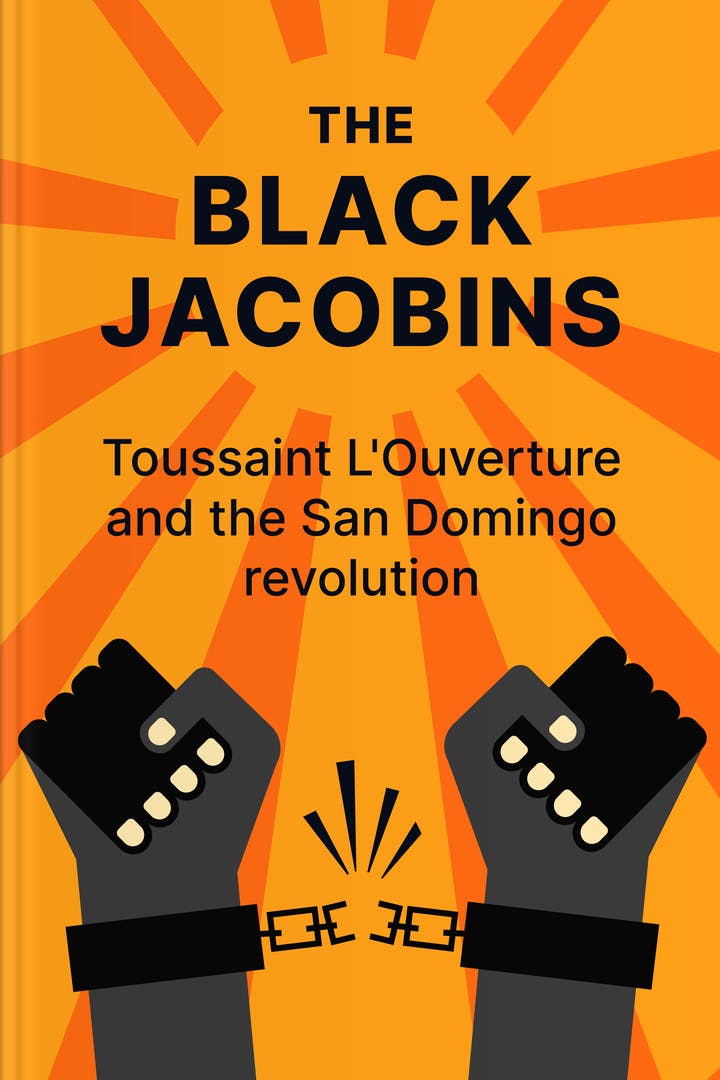 3
3The Black Jacobins
by C.L.R. James
What is The Black Jacobins about?
"The Black Jacobins" by C.L.R. James is a historical account that delves into the San Domingo Revolution led by Toussaint L’Ouverture. This gripping narrative explores the struggle for freedom and equality in the French colony of Saint-Domingue, which eventually led to the establishment of Haiti as the first independent black republic. James vividly portrays the complex political and social dynamics of the revolution, shedding light on the remarkable achievements and challenges faced by the revolutionaries.
Who should read The Black Jacobins
Historians and scholars interested in the Haitian Revolution.
Students studying Caribbean history and colonialism.
Activists seeking inspiration from successful anti-colonial revolutions.
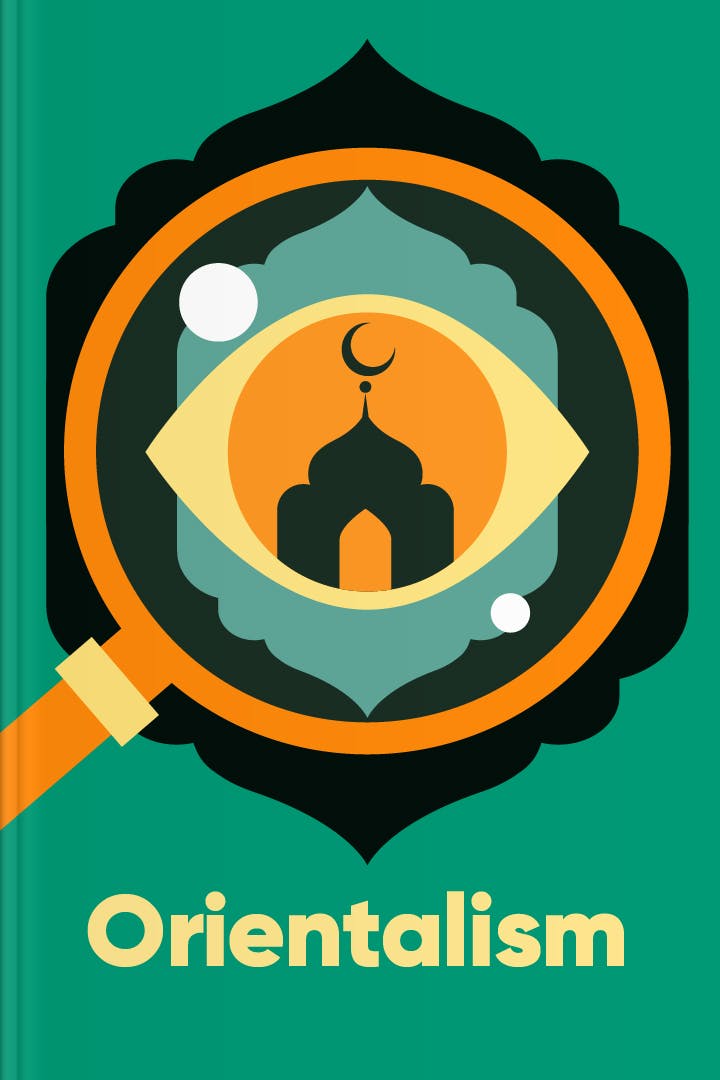 4
4Orientalism
by Edward W. Said
What is Orientalism about?
In this thought-provoking book, the author delves into the complex relationship between the West and the East, exploring the concept of Orientalism. Through meticulous analysis, Said examines how Western societies have constructed and perpetuated distorted images and stereotypes of the East, shaping their own identity in the process. With a critical lens, he challenges prevailing narratives and offers a compelling argument for the need to reevaluate and redefine our understanding of the East-West dynamic.
Who should read Orientalism
Scholars and students of postcolonial studies and cultural criticism.
Individuals interested in understanding the historical and cultural impact of Western representations of the East.
Readers seeking a critical analysis of Orientalist discourse and its implications.
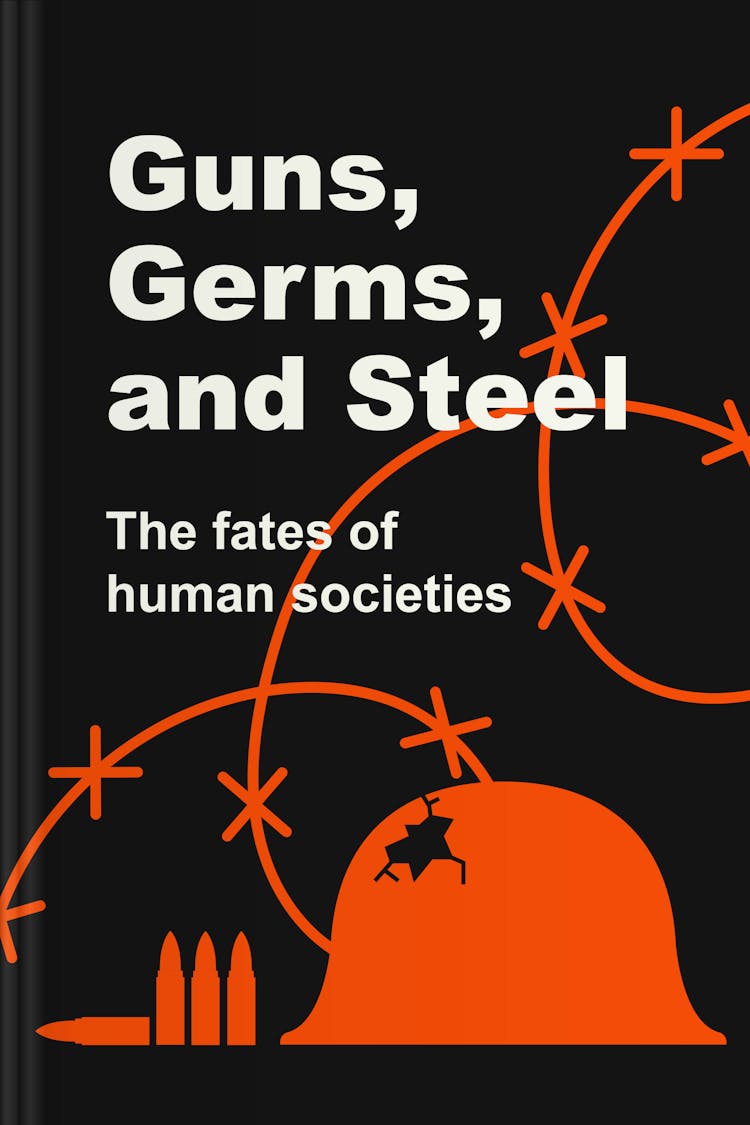 5
5Guns, Germs, and Steel
by Jared Diamond
What is Guns, Germs, and Steel about?
In this thought-provoking book, the author explores the factors that have shaped the destinies of different human societies throughout history. From the impact of geographical advantages to the spread of deadly diseases, Diamond delves into the complex interplay of guns, germs, and steel that have determined the rise and fall of civilizations. With a multidisciplinary approach, this book offers a compelling analysis of why some societies have thrived while others have faltered.
Who should read Guns, Germs, and Steel
History enthusiasts seeking a comprehensive understanding of human civilization.
Anthropology students exploring the factors shaping societies throughout history.
Global citizens interested in the origins of inequality and cultural development.
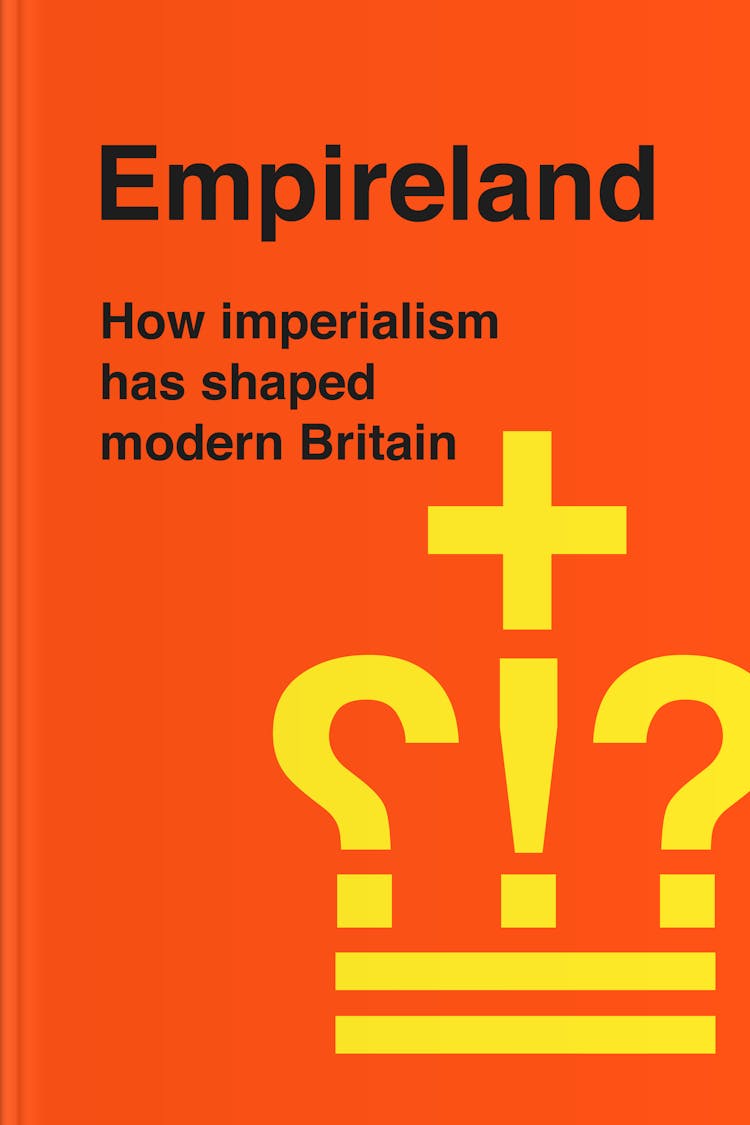 6
6Empireland
by Sathnam Sanghera
What is Empireland about?
"Empireland" by Sathnam Sanghera explores the profound impact of imperialism on modern Britain. Through a thought-provoking analysis, Sanghera delves into the historical, cultural, and social consequences of Britain's imperial past. From the British Empire's rise and fall to its lasting influence on politics, race, and identity, this book offers a compelling examination of how imperialism continues to shape the nation's present and future.
Who should read Empireland
History enthusiasts seeking to understand the lasting impact of British imperialism.
Students studying the effects of colonialism on contemporary Britain.
Individuals interested in exploring the complex relationship between empire and identity.
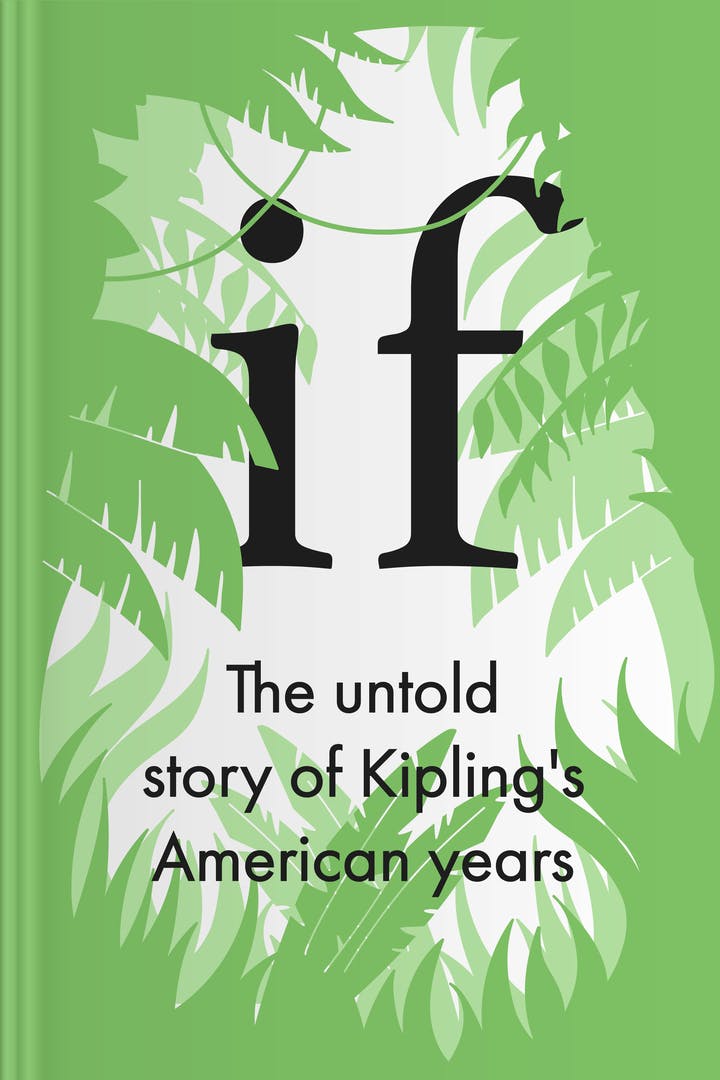 7
7If
by Christopher Benfey
What is If about?
"If: The Untold Story of Kipling’s American Years" delves into the lesser-known period of Rudyard Kipling's life when he resided in the United States. Christopher Benfey uncovers the profound influence America had on Kipling's writing, exploring his friendships with prominent figures like Mark Twain and Theodore Roosevelt. This captivating narrative sheds light on Kipling's experiences and the impact they had on his literary career, offering a fresh perspective on the renowned author's life.
Who should read If
Fans of Rudyard Kipling's work seeking insights into his American experiences.
History enthusiasts interested in exploring Kipling's lesser-known American connections.
Literature scholars and researchers studying Kipling's transatlantic influences and impact.
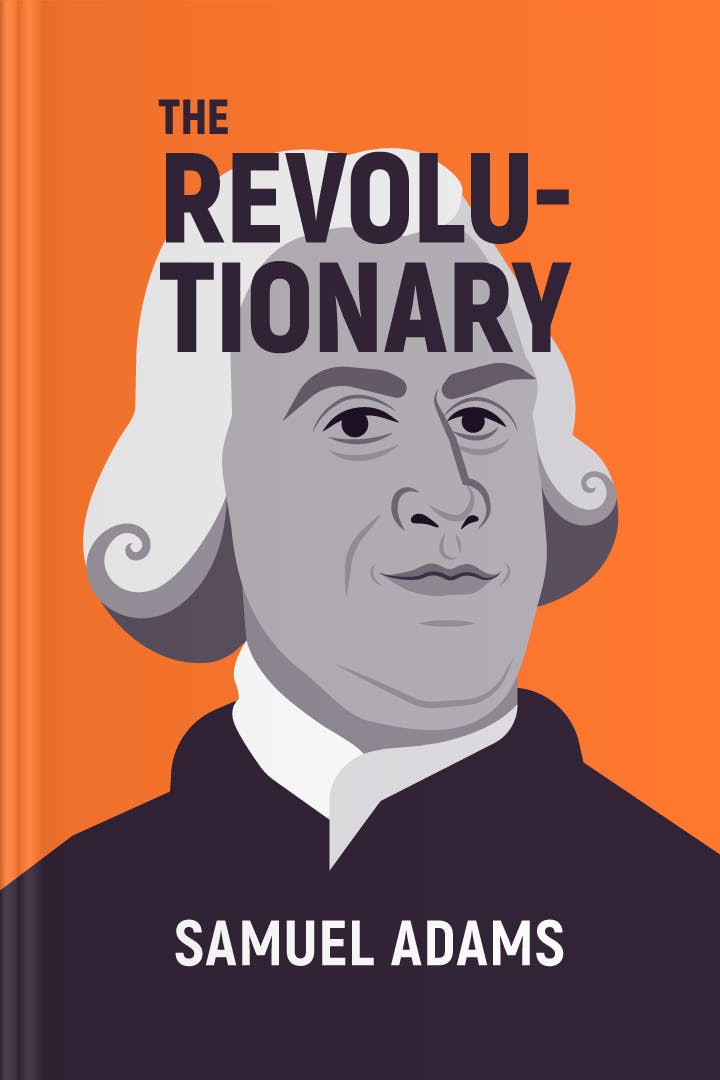 8
8The Revolutionary
by Stacy Schiff
What is The Revolutionary about?
"The Revolutionary: Samuel Adams" by Stacy Schiff is a captivating biography that delves into the life and impact of one of America's founding fathers. Through meticulous research and engaging storytelling, Schiff explores the political career and revolutionary spirit of Samuel Adams, shedding light on his pivotal role in shaping the American Revolution. This insightful book offers a comprehensive portrait of a passionate and influential figure who played a crucial part in the birth of a nation.
Who should read The Revolutionary
History enthusiasts interested in the life and impact of Samuel Adams.
American Revolution buffs seeking a comprehensive biography of Samuel Adams.
Students studying the founding fathers and the American Revolution.
